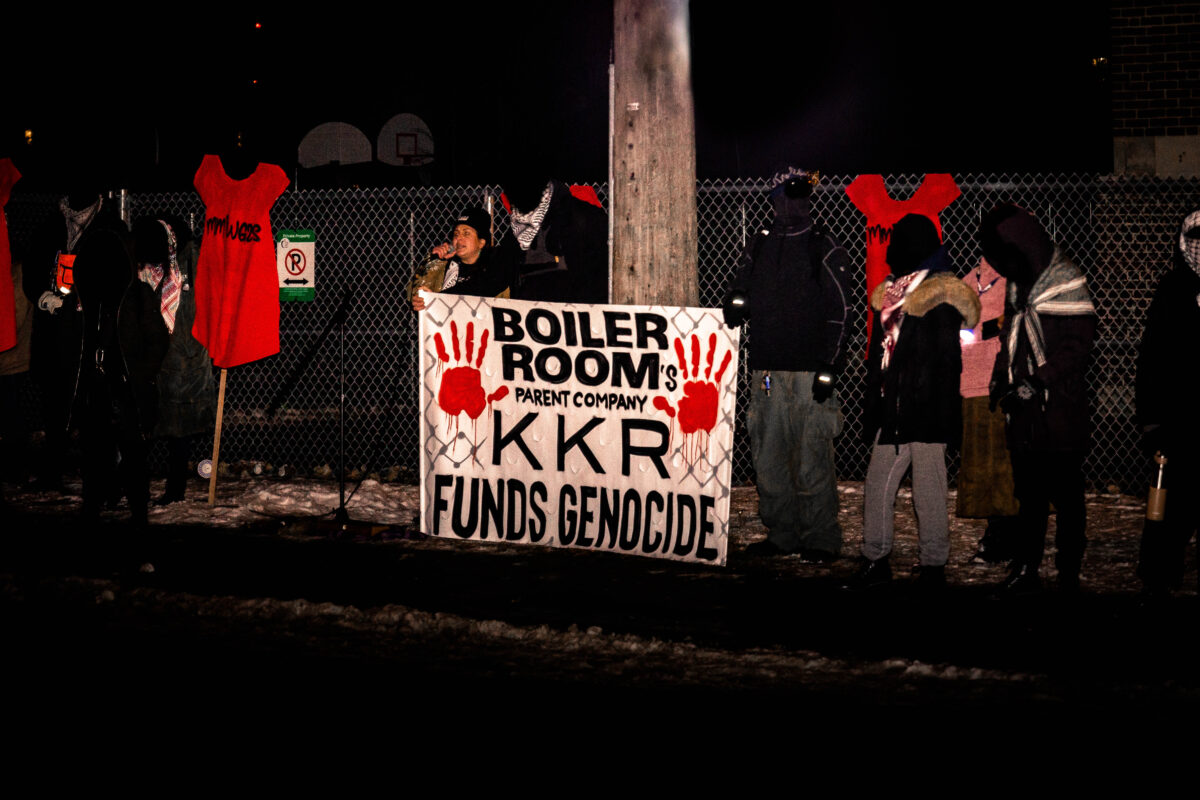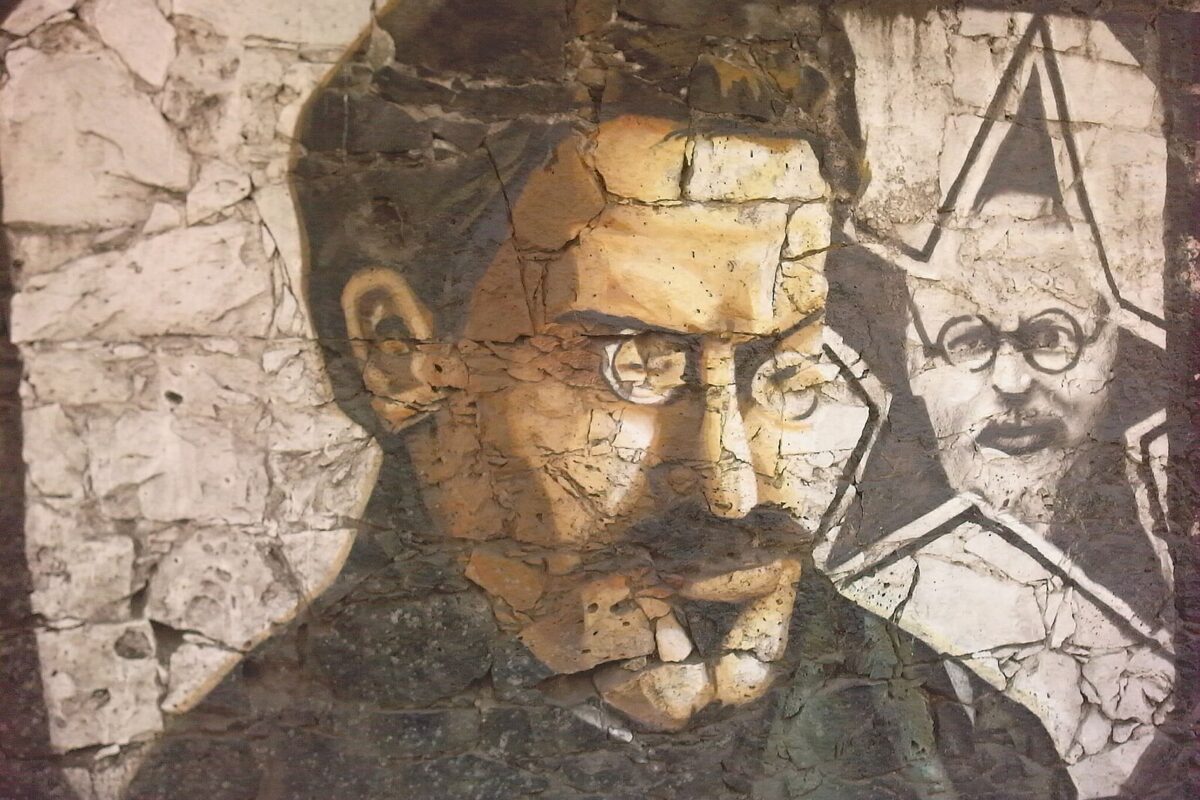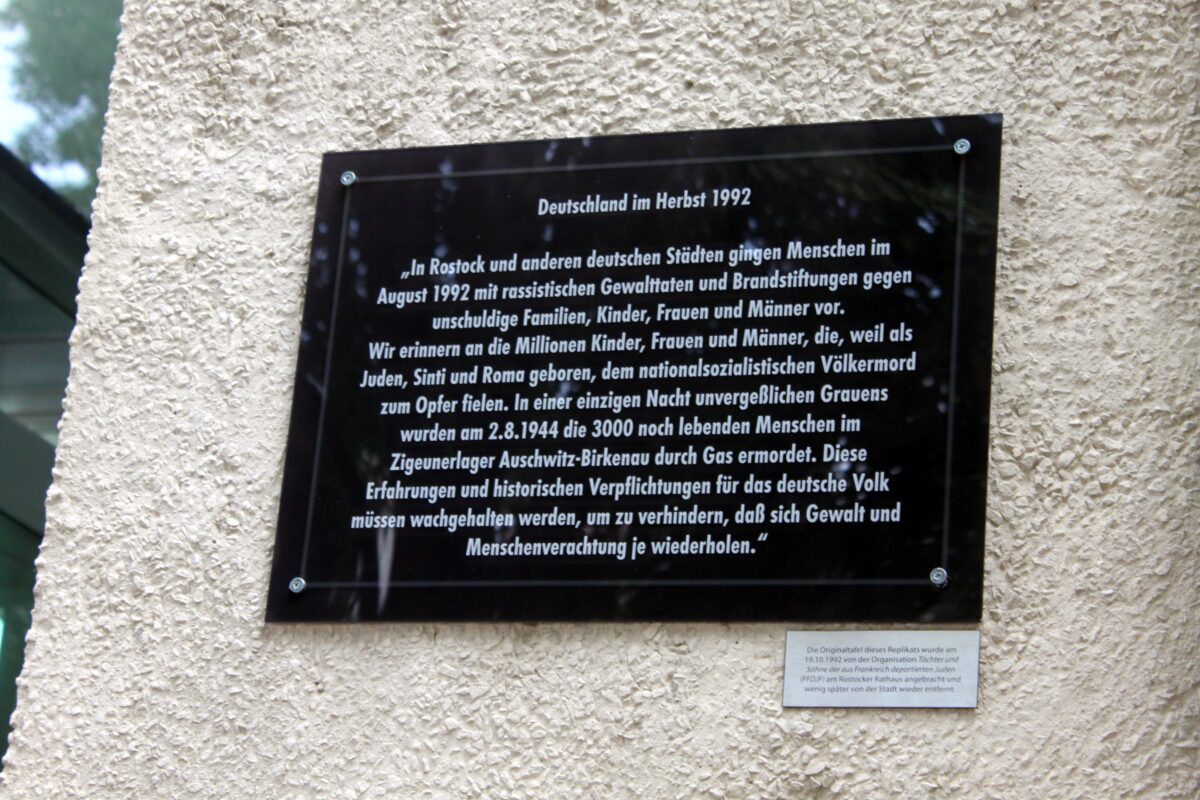Visit any far-right, Trump-glorifying online publication (which holds the same grim fascination as a shoestring-budget true-crime documentary on cannibalism), and it won’t take five seconds before the article bashes “the woke” and claims that liberals are infringing on free speech. It’s the same tactics employed by alt-right online influencing grifters for well over a decade: insist the left as a monolith are shrieking, hysterical, and unreasonable. Then, any quote-unquote woke takes that are rolled out are treated as attempts to police, gaslight, and enforce a particular and threatening manner of thinking that will undoubtedly wind up brainwashing you. Trump et al. have weaponized The Left’s supposed hunger for indoctrination and cancellation to deflect any well-earned criticisms: it’s slippery and defies common sense, but has proven wildly effective.
Years ago, when Trump had first been elected—it’s funny to think about now, since at the time it felt like the world had gone mad, and we hadn’t yet reached peak bizarro nightmare—a friend and I, during summer holidays from university, were heading to the club and struck up a conversation with our taxi driver. The conversation turned to American politics, as it is wont to do when you are nineteen, three glasses of vino deep, and covered in streaky fake tan. Our driver, much to our surprise, pledged his allegiance to Trump. We enquired (cautiously) why he felt supportive of a crass billionaire with a long history of racism and misogyny (not in those exact words, it was more of a barely-breathed, courteous cluster of syllables that sounded like a question). His response was that Trump was honest, because Trump told the truth: that, as a savvy businessman and a paragon of authenticity, he could lead America to a brighter future than any Democrats, who our driver insisted were worse than Trump, and also liars.
I dutifully reposted Kamala Harris TikToks, bathed in BRAT green and hailing her as a diva during last year’s bleak election run—not because I was blind to Harris’s (or her administration’s) deep flaws and moral failings, but because 1) the devastation that could be wreaked by the Trump administration was (and has proven to be) terrifying, 2) the return of Trump to the White House would fan the flames of ever-rising conservatism, and 3) the TikToks were funny. But it’s fascinating to me that the Trump administration has amassed a following (from American Republicans to Irish taxi drivers) partially via piquing fear that The Left will smother free speech—especially considering it engages in that kind of policing itself.
Recently, CBS Paramount announced the cancellation of The Late Show with Stephen Colbert, a typical late-night talk show that has been trucking along successfully for almost a decade. The production company cited financial reasons for the cancellation—despite the fact that it topped the channel’s ratings. Indeed, insiders have suggested that the show was losing an estimated $40 million annually, but Colbert’s late-night peer Jimmy Kimmel has already called that figure out as “bullshit”.
Nowadays, shows—even wildly successful ones—are being canceled left, right, and center, so this may seem like a non-issue, and Kimmel’s reaction a tad overwrought. This particular cancellation, though? There’s a strong whiff of dubiousness, one so pungent you don’t even need to put on a tinfoil hat to acknowledge.
Colbert has described himself as a Democrat since as far back as 2004, and has frequently cited his faith as a committed, practicing Catholic as a guiding light and moral benchmark. For eleven years, he hosted The Colbert Report, a satirical skit revolving around a right-wing, bumbling, blustering, “well-intentioned idiot”, transitioning in order to succeed David Letterman as The Late Show host. Colbert invited and whole-heartedly embraced nuance: he crafted a character that was satirical, but not hollow. Within the multitudes of his mockery, he unspooled hypocrisy and hidden meanings from combustive slogans and conservative standings. He poked fun at his subjects, but also created a space in which humor could be extracted from unease and terror, and where he encouraged a certain agility in thinking, an impulse to navigate a brutal political landscape with poise instead of powerlessness.
Unsurprisingly, Colbert’s political leanings have not endeared him to the Republican crowd, and he has been unabashed in his criticism of Donald Trump. Not that that is an anomaly—Presidents, government officials, and celebrities are well-trodden fodder for the late-night talk show hosts. Actually, they’re the bulk of what those shows consist of. They pick at and satirize current affairs and pop culture, generally striving nowadays for an array of snippets to go viral as shorts online. Personally, I think if you’re involved in politics or Hollywood, you should probably expect a spoonful of mockery on these shows, by virtue of the profession you’ve literally chosen. A host makes you look a bit daft, or critiques your shady moves? Maybe public sphere dwellers should just accept the condemnation and try to rise above.
That’s too much to ask of Donald Trump, though, a man who is so incapable of rising above that he may as well take up permanent residence at the earth’s core. In mid-July, Colbert called out his own production company, CBS Paramount, on-air, describing its $16 million settlement with the Trump administration as a “big fat bribe”. The settlement followed Trump’s lawsuit protesting CBS’s use of two clips from Harris’s response to a question about the Middle East. The company saw the show’s executive producer refuse to apologize and stand down, followed by the departure of its CEO shortly afterwards. A range of scholars and constitutional experts advised that the lawsuit was frivolous, a misapplication of the law, and a violation of the First Amendment principles. Senators Bernie Sanders, Elizabeth Warren, and Ron Wyden wrote a letter to CBS Paramount’s chairwoman expressing their concerns that reaching a settlement with President Trump would essentially amount to bribery. “Paramount’s scheme to curry favor with the Trump Administration has compromised journalistic independence and raises serious concerns of corruption and improper conduct,” the letter reads.
On July 17th, Colbert announced to his audience on air that The Late Show was canceled, emphasizing that this wasn’t even a case of replacement—the show itself had been unceremoniously slashed and would not be revived with a new host. The next twist in the tale came through Paramount merging with Skydance Media—a studio that requires approval from Trump’s Federal Communications Commission in order to take over from Paramount. Skydance has committed itself to rooting out CBS’s “bias”—which will be undertaken by steadily eroding the company’s diversity, equity, and inclusion (DEI) practices. Deeply ironic, considering the Trump administration’s allergy to diversity and inclusion of differing opinions and lack of censorship.
Did Trump himself cast down the order that Colbert be axed? Maybe. Even if he didn’t issue the explicit decree, the pressure surely came under his administration’s unrelenting, tyrannic weight. And it’s totally at odds with what they have said they are for. Trump entered the arena back in the 2010s vowing to restore America’s greatness, presenting himself both as a straight-talking Everyman and as a messiah-like tycoon, ready to save the children from liberal “brainrot” and keep the country free and strong.
Whether or not he gave the word for Colbert to go, he reacted on Truth Social with predictable glee: “I absolutely love that Colbert got fired. His talent was even less than his ratings. I hear Jimmy Kimmel is next. Has even less talent than Colbert. Greg Gutfeld is better than all of them combined, including the Moron on NBC who ruined the once great Tonight Show.” (To digress momentarily, why does the President of one of the leading global powers write like the mean-girl parody Chanel Oberlin from Scream Queens?)
On the July 21st episode of The Late Show, Colbert was joined by John Oliver, Jon Stewart, Jimmy Fallon, and Seth Meyers, his late-night comrades. Their succession of cameos underscored their unwavering loyalty, not just to Colbert, but to the right to satirize, the crucial importance comedy has in culture and the danger that may be posed if it’s stripped away.
To be deeply predictable and quote George Orwell’s 1984, “Doublethink means the power of holding two contradictory beliefs in one’s mind simultaneously, and accepting both of them”. Rather unfortunately, this book continues to be relevant, and seems to illustrate the conundrum of a number of Trump supporters currently. “The Left wants to cancel us and brainwash us” seems to coexist with “Trump’s administration can and should dictate the contents of our media and roll back inclusion and equity”. Not all of his supporters think this, of course—I wouldn’t dream to say I understood the beliefs of such a sprawling group, all of whom have unique experiences—but there’s a definite chunk that can be found on the aforementioned alt-right websites.
I spent a pathetic amount of time as a teenager on Tumblr—scrolling through fandom edits and aesthetic shoots, gorging on bite-sized social justice posts that gave me a dopamine hit and inflated my sense of superiority (mostly quashed now; nothing like adulthood to make you realize you’re an idiot). The waves of online discourse can absolutely be draining and over-complicatedly politically correct to the point that they sometimes loop all the way back around to being a touch offensive. Identity politics could be fraught, and accusations of “problematic” behavior were fired with all the force of an arrow from Katniss Everdeen’s bow. I also think that the tendency for people to weaponize therapy-speak after reading a singular Psychology Today article may have either been born on, or at least was popularized by, Tumblr.
And yet, as trigger happy as we 2014 Tumblrinas could be, censorship wasn’t what was wanted. Maybe, due to being a blogging site mostly composed of hipster teenagers, the conversations weren’t exactly cultural resets, but they were discourse; it was an encouragement of debate and reflection and even, yes, conflict. The Tumblr girls could go toe-to-toe with a dissenter. Meanwhile, Trump and his cohorts have all the debating backbone of a cooked strand of spaghetti. Deflect, demonize, derail, and, when all else fails, cancel. Push people who challenge your words and actions from their platforms and establish a culture scared into bending the knee.
The positive slant to take is that, now Colbert has been dropped, he’s going down swinging. After all, what does he have to lose? He has from now until next May to finish up his duties as host, and he has wasted no time whatsoever in telling Trump to go fuck himself. And since the cancellation, he’s seen a surge in ratings, as people who may never have watched an episode of a late-night show in their life tune in to signal support and see Colbert mock with renewed vigor. The gloves are resoundingly off, and no topic seems to be too treacherous for Colbert to tread. What will they do, fire him?
And despite everything, I allow myself a small—an incredibly small, but still very real—bit of cheer. Trump and his cronies are shameless, but you don’t shut somebody up unless you care about what they’re saying; the whole point is for people to feel powerless, so they don’t keep talking. It’s not a victory, but it doesn’t have to be a defeat. Ironically, the controversy around Colbert’s cancellation has drawn more viewers to his still-airing show, which will spend the next year undermining Trump. As Colbert himself said in a monologue on 2016’s election night, “the devil cannot stand mockery”. Trump has a staggering amount of power. But he doesn’t have the same power his satirizers have, and his need to silence them proves it.




